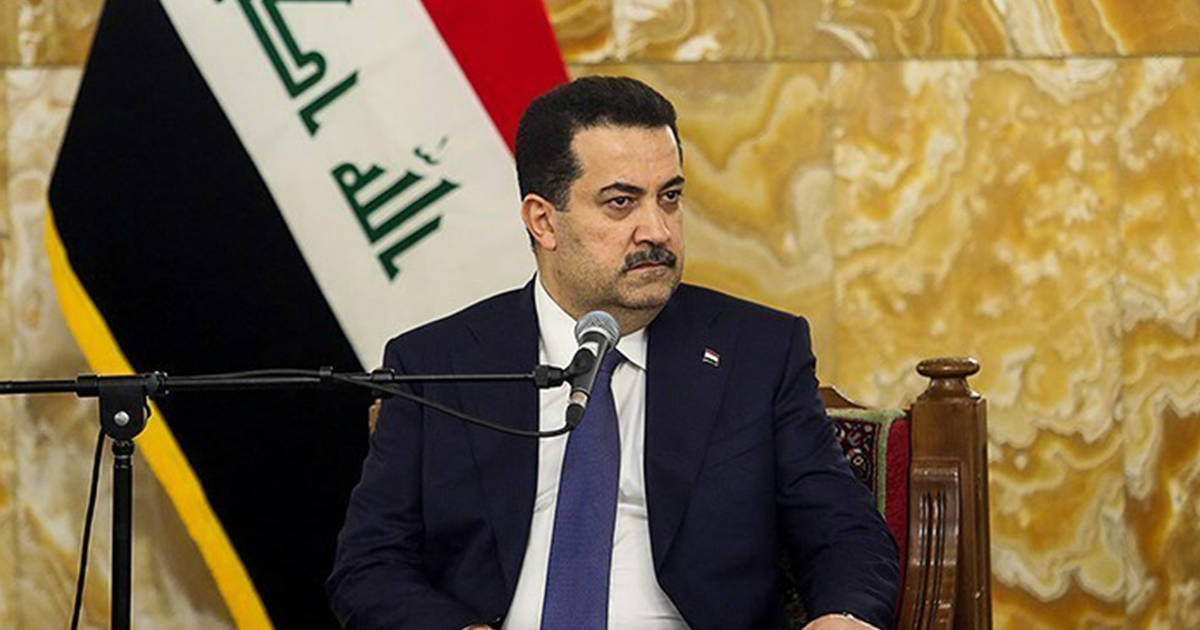The current strategy of the Hashd reflects a deliberate project of growing incremental state capture in return for restraint and disengagement from the current regional war. Yet as these militias deepen their entrenchment within the Iraqi state, their ability to maintain a distinctly pro-Iranian ideological identity and shape the state’s trajectory will depend on how effectively they adapt to a scenario in which Tehran’s patronage is severely curtailed or eliminated by sustained US–Israeli pressure.
An Opportunity for Security Sector Reform
To support stability in Iraq and maintain the momentum of Sudani’s recent law-enforcing decisions against KH, Western security sector assistance (through the European Union Advisory Mission and NATO Mission in Iraq, and backed by the US and the UK) should focus on centralising and reinforcing the Iraqi state’s coercive capacity to limit armed group autonomous action through a unified agenda and timeframe. A multi-pronged strategy should aim to rebalance the Hashd within Iraq’s security architecture. A reform package could include policies like removing pro-Hashd elements from sensitive state agencies such as the National Security Service and the Iraqi National Intelligence Service, redistributing security responsibilities between the Hashd and other state forces, providing Western training to state-compliant Hashd brigades, introducing measures to improve transparency in salary payments, and conducting independent audits to assess the Hashd’s budget.
Attempting to dismantle the Hashd wholesale without a workable security sector reform plan could backfire and destabilise the country by emboldening pro-Iran groups who are less risk averse. Reforms should differentiate between factions and accommodate those less directly linked to Iran and more prone to ‘Iraq-ification’. The reforms would particularly target those factions that engaged in counterterrorism operations against Islamic State in 2014–17 and have since abided, for the most part, by state laws. As informed sources within the Iraqi government stress, ‘any serious effort to address the Hashd’s influence must be rooted in broad domestic political consensus’, meaning that change cannot be externally imposed. Crucially, religious authorities in Najaf would need to play an active role in securing public and political buy-in.
Much will depend on how Iraqi paramilitary groups reposition themselves in relation to Iran since the June war. If the IRGC becomes absorbed in consolidating and restructuring its command and control, possibly deprioritising Iraq, major factions such as Asa’ib Ahl al-Haq, traditionally aligned with Iran but guided by pragmatic instincts, may shift toward a more Iraq-centric posture. This realignment could drive greater centralisation of authority in Baghdad and trigger a broader recalibration among Iran-linked groups, shaped by their threat perceptions, access to state resources, and ideological ties to the Axis of Resistance.
The Islamic Republic wants to project an image of resilience to its proxies and allies before extending that posture to its adversaries. In the aftermath of US strikes against its nuclear facilities, Tehran has sent a clear message across what remains of its proxy network: ‘We were attacked by the world ’s greatest military and have survived to fight another day.’ Iraqi Shia groups are listening. According to a well-placed source in Najaf who spoke to us on the condition of anonymity, ‘Today, in Iraq we are facing a pro-Iranian McCarthyism: you are either with Iran, or you an agent of Israel. The pro-Iranian agenda is pervasive, and the Hashd’s bloated billion-dollar budget is being spent to flood any patriotic Iraqi national sentiment.’ The Hashd will likely maneuver to leverage this momentum in the November 2025 elections, perhaps capitalising on the ‘rally around the flag’ moment in Tehran or adopting a narrative of a region-wide threat to Shi’ite Muslims, from Lebanon to Iran.
Conversely, with Iran weakened militarily and its force projection handicapped, there may be an opening now for groups like Asa’ib Ahl al-Haq to prioritise their own interests – for instance, to survive a region-wide decapitation campaign and safeguard their expansive economic and military interests – rather than bolster Iran’s. This may mean a greater willingness to make some concessions and incrementally abide by the rule of law.
The active electoral preparations of paramilitary-linked parties ahead of the November 2025 elections, alongside their restraint during the Israel–Iran war, point to a strategic pivot toward institutional entrenchment driven by self-preservation. Whether this shift advances Iraq’s democratic process or deepens the integration of coercive actors into the state hinges on the next prime minister’s resolve to pursue meaningful security sector reform and forge the necessary political consensus.
© RUSI, 2025.
The views expressed in this Commentary are the authors’, and do not represent those of RUSI or any other institution.
For terms of use, see Website Terms and Conditions of Use.
Have an idea for a Commentary you’d like to write for us? Send a short pitch to commentaries@rusi.org and we’ll get back to you if it fits into our research interests. View full guidelines for contributors.
